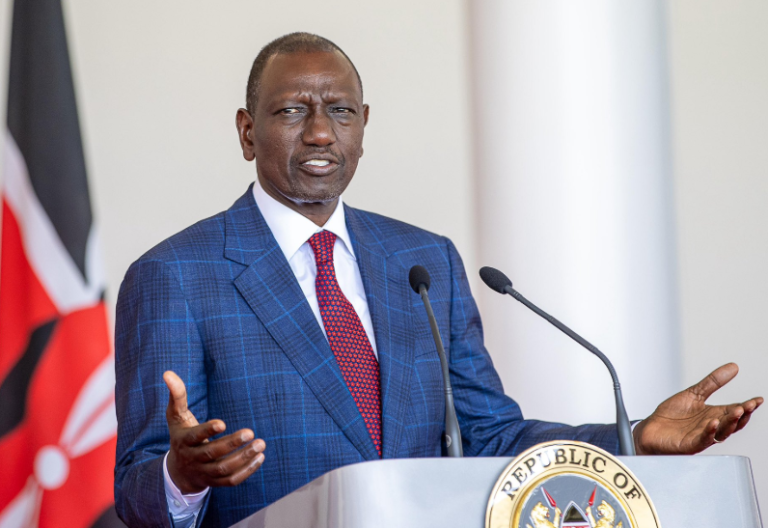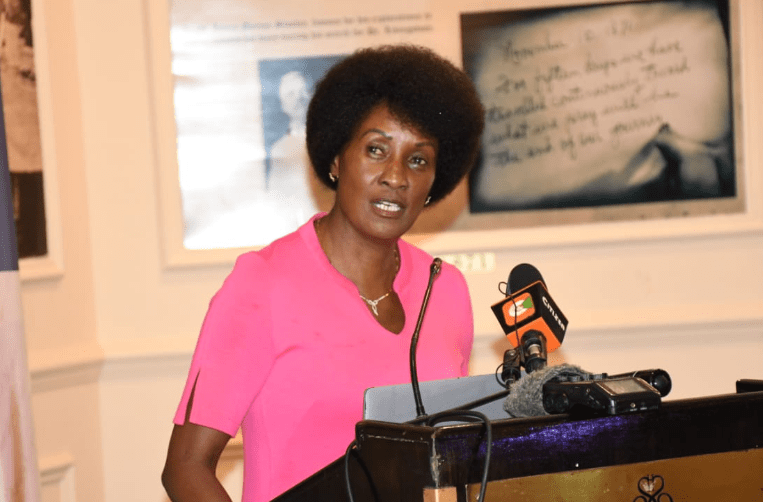Two projects that would cement Ruto legacy

President William Ruto embarked on a high-profile trip to China this week, his third to the Asian nation in his nearly three-year presidency. In many ways, this could prove to be the most consequential trip in terms of how his presidency will shape up and be judged.
The President has been accused in the past of constantly being in the air from one trip to another. Following the Gen Z protests of last year, the number of trips the President has made has decreased somewhat.
This trip comes at a time when global dynamics are shifting rapidly. Much of that is driven by the changes occurring in Washington. President Donald Trump’s second reign at the White House is fundamentally changing the global order and possibly reorganising global relations for a long time.
Trump’s predecessor, President Joe Biden, treated President Ruto to a visit that Nairobi packaged as potentially most consequential. Kenya was designated a major non-NATO US ally, and a raft of promises was made to the Kenyan visiting delegation.
Since then, much has changed. USAID, the agency through which much of the US economic support to developing countries used to be channelled, has undergone significant reorganisation and is today unrecognisable.
Considering Kenya’s high-profile trip to the US, it was unclear how Nairobi aligned with the two global economic players. The Asian giant, China, took note. The President’s current trip to Beijing could serve as a corrective undertaking.
However, the trip could be more critical to the President’s political future than simply global alliances. Since he started the trip two days ago, various economic partnership initiatives have been signed at his various stops, and he has given high-profile speeches.
However, the President’s shopping list also includes seeking support for extending the Standard Gauge Railway line from Naivasha to Malaba and dualising the transport corridor to Western Kenya.
The second project was on President Uhuru Kenyatta’s agenda, but it was somewhat removed from the list of urgent projects when Ruto came to the office. Commuting to western Kenya has remained a nightmare during the heavy travel seasons of Easter, Christmas, and long holidays.
The people of western Kenya, a significant voting bloc during elections, tend to have an obsession with a visit to their land of birth. Their delight will know no measure of contentment if this holiday pilgrimage to their villages is made bearable.
Imagine a situation where, by the time of the next elections, these people will have two options: affordable travel by road or rail, and cut back on travel time. They would travel comfortably to their holidays and associate that development with the Ruto presidency. It would be difficult to convince them that President Ruto does not deliver on development projects or does not care for the plight of Westerners.
If the President could secure the emotional loyalty of this bloc of voters with these two projects in the lead-up to the 2027 elections, it would be difficult for the communities of the West, not just the Nyanza bloc, not to be beholden to him. The projects would secure Ruto’s political future and cement his legacy and presidency.
The writer is the Dean of Daystar University’s School of Communication












